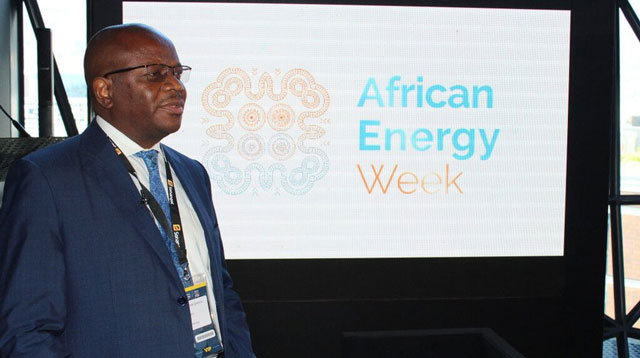
Angola becomes the 35th African member to join a global group that addresses offshore tax evasion, demonstrating the growing resolve of African governments to fight tax evasion and illicit outflows – including of natural resources and wildlife
Luanda, Angola | BIRD AGENCY | Angola is on a mission to be more tax transparent, which could accelerate its ease of doing business ratings and curb illicit financial flows.
The country recently joined the Global Forum on Transparency and Exchange of Information for Tax Purposes (Global Forum), an initiative which seeks to foster tax transparency.
“We are delighted to welcome Angola as the latest Global Forum member,” said Gaël Perraud, Chair of the Global Forum. “The steadily growing Global Forum membership underlines the importance given to tax transparency by the international community and demonstrates the resolve of governments to join forces in the fight against tax evasion and avoidance.”
The move makes Angola the 166th member — and 35th African member — of the Global Forum.
The Global Forum implements international standards guiding taxation, tackling bank secrecy and tax evasion.
UNCTAD, in a 2020 report, estimates that African countries lose $88.6 billion annually to illicit financial activities.
A 2022 report by the Organisation for Economic Cooperation and Development showed that cross-border illicit financial activities could be controlled by improving economic tools like the exchange of information on request (EOIR). The Tax Transparency Report found that African countries have retrieved millions of dollars since EOIR became more widespread.
“Illicit financial activities deplete public finances …and pose a risk to the stability of global financial markets” explained Bernd Schlenther, an Illicit Financial Flows expert at the African Tax Institute of the University of Pretoria,
Angola is among countries that have in the past been poorly ranked in ease of doing business indexes, partly due to gaps in taxation transparency.
Stronger governance structures, as Schlenther noted, “create a hostile environment for illicit financial flows. It also discourages illegal activities, preventing illicit financial flows from arising,” he told bird story agency in an interview.
The renewed charge by the country to increase taxation transparency comes at a time when stakeholders are propagating efforts to boost ethical financial flows.
This is particularly important given that South Africa and Nigeria were recently grey-listed by the global anti-money laundering watchdog, the Financial Action Task Force over their shortfalls in combating illicit finance and organised crime.
The African Development Bank and the Coalition for Dialogue on Africa (CoDA) recently launched a three-year support project to fast-track responses to illicit financial flows.
The joint fund by CoDA and Afdb is one of the recommendations made in 2015 by the High-Level Panel on Illicit Financial Flows.
Schlenther believes such strategic and intentional pronouncements are critical to realising key recommendations.
“The impact of such interventions is vital because it targets the policy level, and operational level and aids in raising awareness,” he explained.
However, as he pointed out, while policy-level advancements have been accelerated, there is a need to upscale operational perspectives to achieve holistic results.
He highlighted the need for more robust measures targeting sectors like mining, other extractive industries, and wildlife.
“Illegal logging, illegal mining and illegal wildlife trade… lead to a loss in bio-diversity, environmental damage and growth in organised criminal activity,” he noted.
But with increasing awareness and consciousness, he indicated that improved efforts, particularly in Nigeria, show a new trend of commitment.
Nigeria recently established the Wildlife Law Enforcement Task Team (WLETF) to deal with wildlife-related challenges in the country and extend support services to the entire West African region.
*****
SOURCE; bird story agency
 The Independent Uganda: You get the Truth we Pay the Price
The Independent Uganda: You get the Truth we Pay the Price



